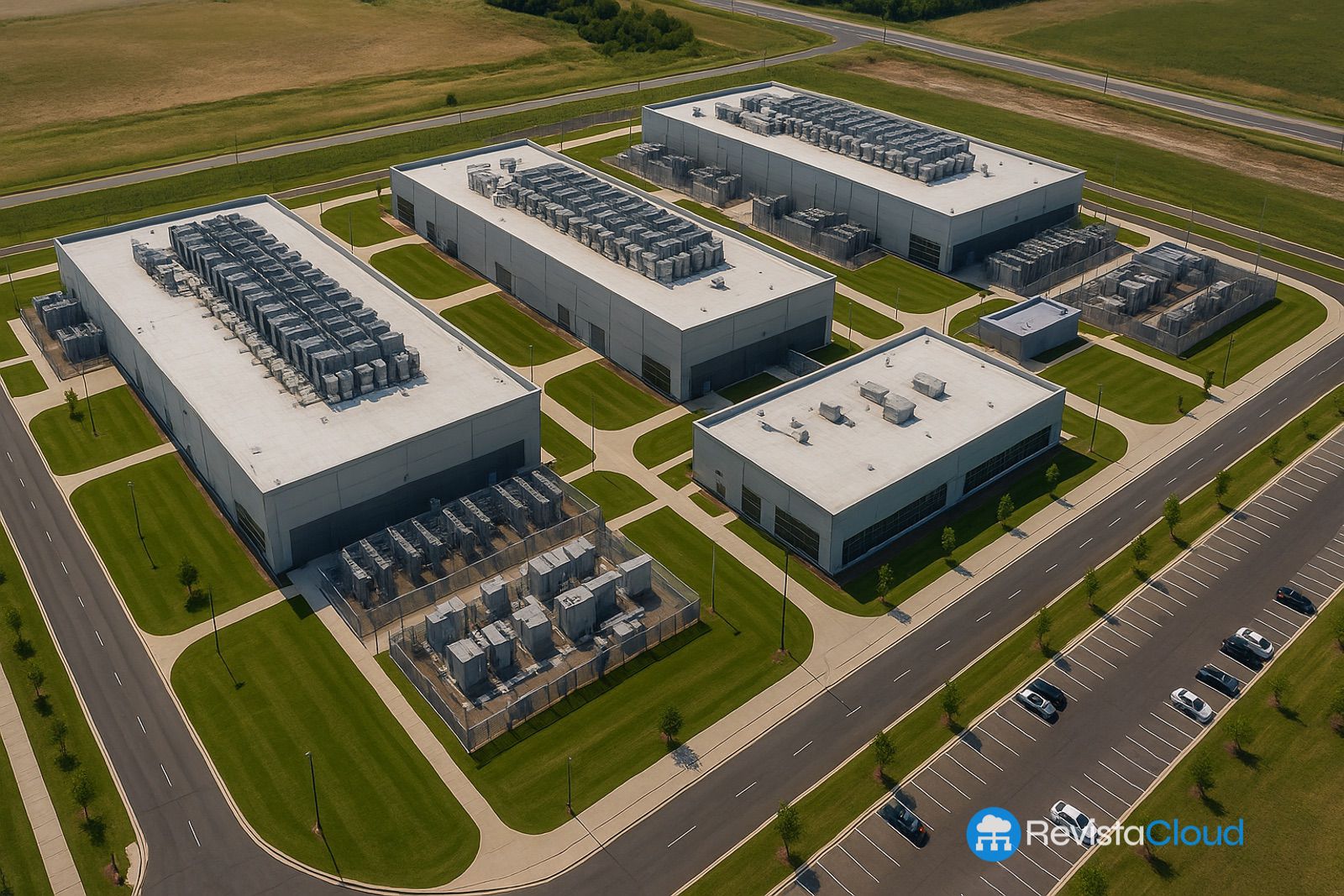Keppel Corporation, one of the Asian giants in infrastructure and asset management, has announced the establishment of a $580 million private fund specifically aimed at developing hyperscale data centers. This vehicle, managed by Keppel Capital, represents a strategic bet aligned with the needs of the largest consumers of digital infrastructure on the planet: hyperscalers like AWS, Google Cloud, Microsoft Azure, Meta, and Apple.
A Paradigm Shift in Data Center Investment and Development
This fund transcends being a mere financial instrument. It marks a turning point in how digital infrastructure is conceived, financed, and operated at scale. Keppel not only brings capital but also becomes a reference partner for the co-creation of the foundations of the digital economy, assuming risks and designing tailored solutions for hyperscalers.
Among the motivating factors for this move are the exponential growth of artificial intelligence—which multiplies demand for computation and storage—massive adoption of multicloud architectures, the importance of latency in emerging markets, and regulatory pressure to comply with data localization and environmental goals.
Global Focus and Financial Flexibility
The fund targets key markets for hyperscale deployment:
- Asia-Pacific: Jakarta, Manila, Johor, and Tokyo
- Europe: Madrid, Milan, Warsaw, and Berlin
- North America: Hillsboro, Atlanta, and Salt Lake City
These locations have been chosen for their high growth potential and strategic importance on the global connectivity and low-latency map. Additionally, Keppel has gathered capital from institutional investors experienced in infrastructure and ESG mandates, allowing for flexible development models: from build-to-suit projects and sale-leaseback arrangements to modular and scalable deployments on demand.
The Hyperscale Frenzy in Numbers
According to Synergy Research Group, by the first quarter of 2025, there will be more than 900 hyperscale data centers worldwide, expected to exceed 1,200 by 2027. These types of facilities are characterized by:
- Installed capacities from 50 to over 100 MW
- Cooling systems optimized for GPUs and AI training
- Rack densities exceeding 40 kW per cabinet
- Dedicated fiber networks and dark fiber connections
The technical complexity and urgency of deployment are prompting operators to seek partners capable of executing high-performance projects in record time.
ESG Strategy and Sustainability: More than a Trend
One of the distinguishing elements of Keppel’s fund is the integration of environmental, social, and governance (ESG) criteria across all its assets. For hyperscalers, sustainability is now an essential requirement:
- Carbon-neutral design standards by 2030
- Integration of solar energy and renewable energy purchase agreements (PPAs)
- Evaporative cooling systems and water reuse
- Energy efficiency (PUE) targets below 1.3
These standards increase attractiveness for both major tech clients and institutional investors with climate-aligned portfolios.
International Competition and Keppel’s Advantages
Keppel enters a competitive arena with heavyweights like Digital Realty, Equinix, and EdgeConneX, which are already deploying global platforms for cloud and edge. However, Keppel is focusing on three key aspects:
- Financial Flexibility: OpEx models, co-investment, or managed services tailored to hyperscalers’ preference for usage models versus ownership (CapEx).
- Construction Speed: Thanks to its engineering teams, pre-permitted sites, and regulatory partnerships, it can deliver ready projects in 12 to 18 months.
- Strategic Location: Partnerships with utility providers and dark fiber networks, local workforce integration, and regulatory alignment to reduce risks.
What This Means for the Sector and Investors
For hyperscalers, Keppel offers speed, scalability, and ESG compliance, enabling agile deployment of new cloud regions, reduced latency, and regulatory adherence. For institutional investors, data centers solidify their position as resilient, high-demand assets with long-term contracts and inflation protection.
At the sector level, this fund is a clear symptom that private capital is taking on a more strategic role and that digital infrastructure is becoming "cloud-native" in its design, financing, and operation. The convergence of real estate, telecommunications, and cloud is accelerating new trends: operator consolidation, M&A focused on regional players with strategic land, and vertical integration of data centers for AI.
Conclusion
Keppel’s hyperscale fund is much more than a financial bet: it is a new model for co-creating digital infrastructure, understanding that hyperscaler demand is structural, sustainability is non-negotiable, and agility and localization are the new critical success factors.
In a world where the growth of cloud, artificial intelligence, and advanced digital experiences relies on robust physical infrastructure, Keppel positions itself as an indispensable partner for both tech clients and investors seeking performance and resilience.

